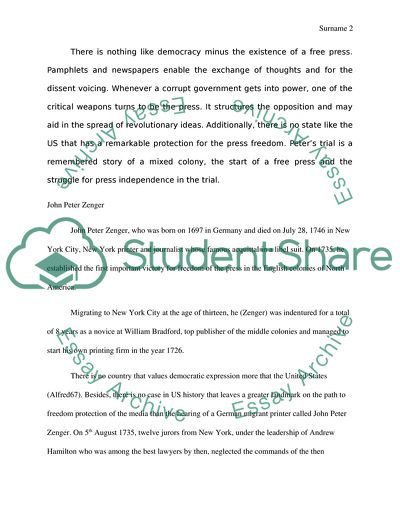Cite this document
(Press Freedom Assignment Example | Topics and Well Written Essays - 2000 words, n.d.)
Press Freedom Assignment Example | Topics and Well Written Essays - 2000 words. https://studentshare.org/media/1871026-freedom-of-press
Press Freedom Assignment Example | Topics and Well Written Essays - 2000 words. https://studentshare.org/media/1871026-freedom-of-press
(Press Freedom Assignment Example | Topics and Well Written Essays - 2000 Words)
Press Freedom Assignment Example | Topics and Well Written Essays - 2000 Words. https://studentshare.org/media/1871026-freedom-of-press.
Press Freedom Assignment Example | Topics and Well Written Essays - 2000 Words. https://studentshare.org/media/1871026-freedom-of-press.
“Press Freedom Assignment Example | Topics and Well Written Essays - 2000 Words”. https://studentshare.org/media/1871026-freedom-of-press.


